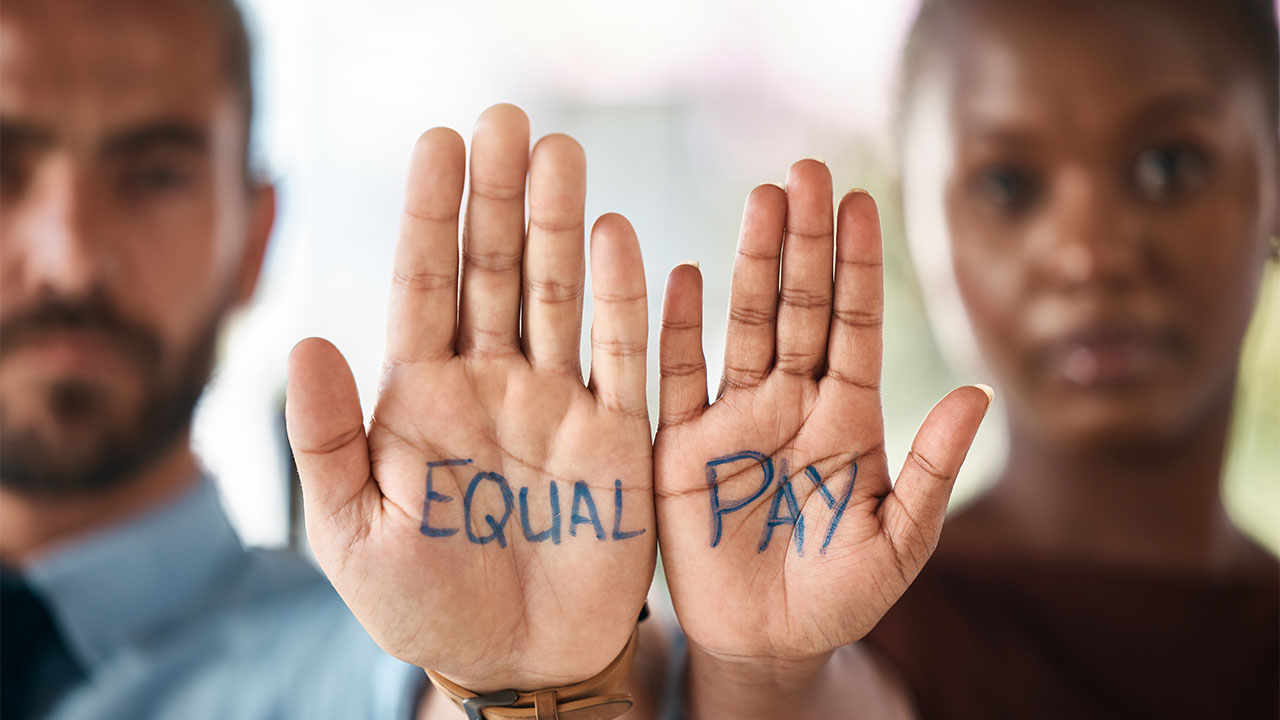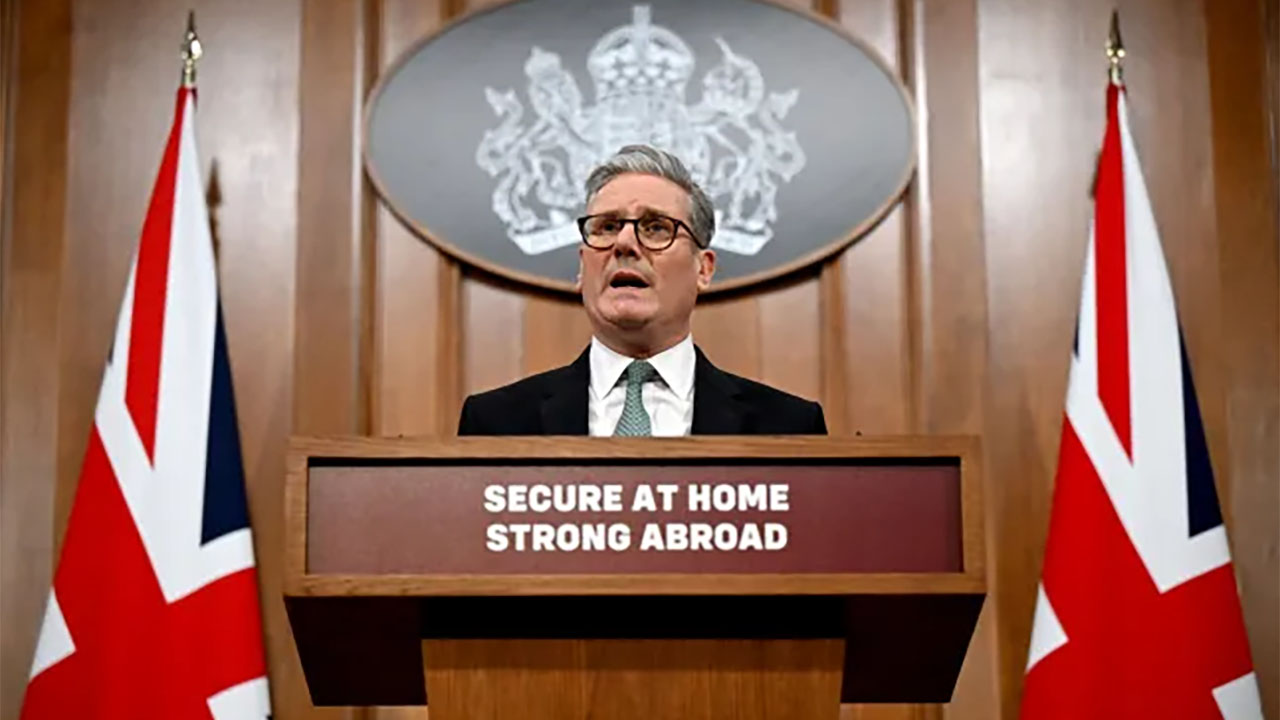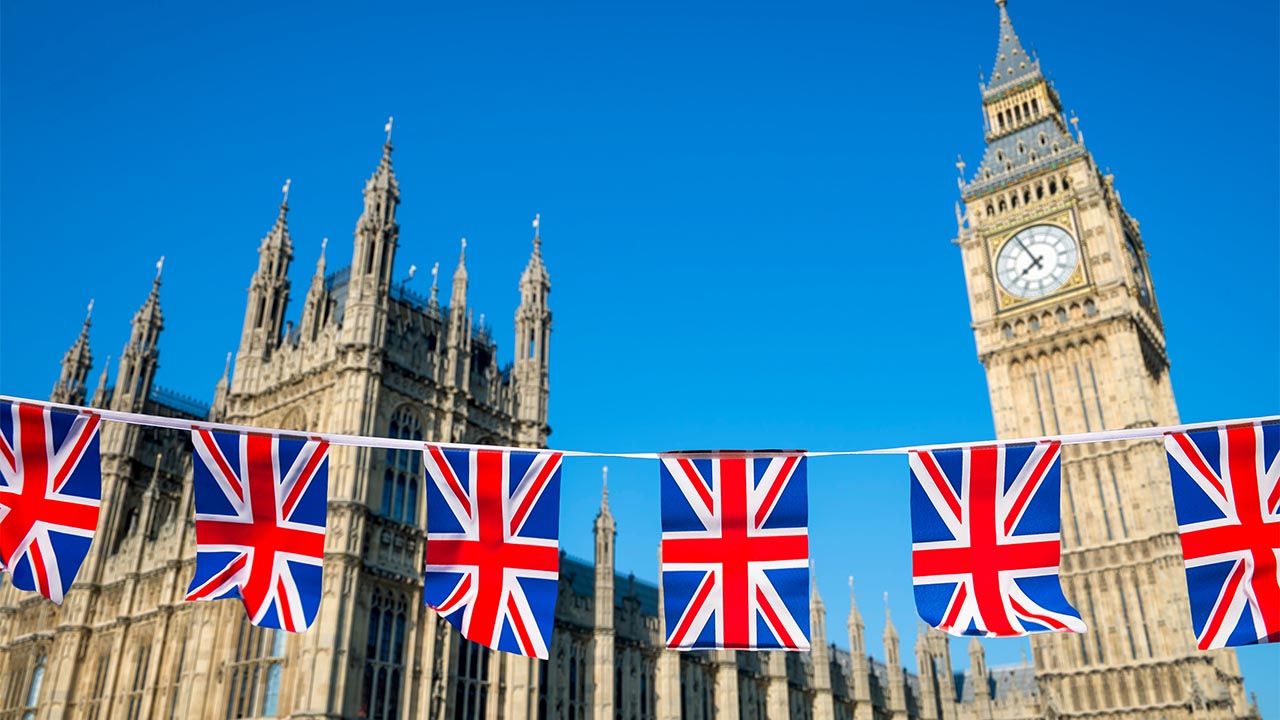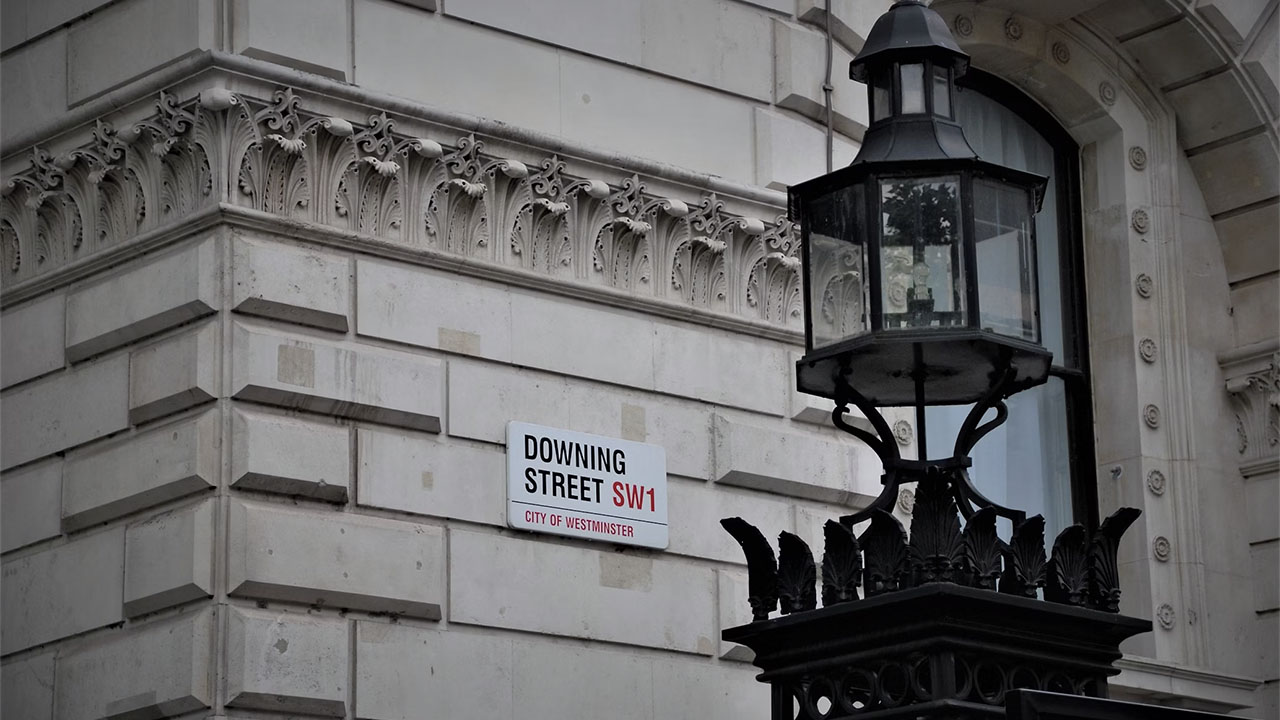Hard to believe that more than half a century since Barbara Castle introduced The Equal Pay Act, the battle still rages for women and men to be paid the same. That Act was superseded by the Equality Act in 2010 and yet, there are still some employers who don’t get it.
The retailer Next could be facing a £30m bill to compensate its workers, most of them female, who’ve been paid less than male colleagues over many years after a significant employment tribunal ruling this week. It’s taken six years for the case to get to this stage but now opens the door for similar potential claims against Asda, Tesco, Sainsbury’s, Morrisons and Co-op.
Next argued that the difference in pay for the two roles was based on the “market rate” for each position and pay levels had been set to ensure the “viability” of the business. In other words, increase their profits and then use weasel words to try and wriggle round the law. You might think that as most of Next’s customers are female, it would be in the retailer’s interests to support women getting more pay so they’d have more money to spend. You might also ponder that ‘market rate’ is used as a reason to pay vast salaries and bonuses to people who clearly can’t run a water company, rail service or manage an infrastructure project but that’s another argument.
Last year, Birmingham city council effectively declared it was bankrupt, laying some of the blame on equal pay claims which had cost around £760m and a further monthly liability of between £5m to £14m. It has been argued there’s a subtext of blaming female employees for pushing the council to the brink rather than an employer failing to honour its legal obligations on equal pay.
In 2013 the Supreme Court demolished the long-running defence by Scottish councils of paying men discriminatory bonuses that were denied to women. That case was brought by Unison and without trades unions, very few equal pay cases would ever get to court. Most of those involved are women in low paid jobs such as retail, classroom assistants, cleaners, catering, healthcare and administrative roles. Many of them didn’t know they were entitled to equal pay or that they are legally entitled to find out how much male colleagues are paid. Without the support, knowledge and doggedness of trades unions, most of these women would still be getting less than the law says they’re worth. A useful reminder to those who portray unions as greedy lefties pulling the strings of a Labour government or seeking to pull down a Tory one.
The excitement over the Oasis reunion has obviously rubbed off on Keir Starmer whose message is that we’ve got to Roll With It. But Some Might Say when it comes to equal pay, we should Look Back in Anger because too many employers seem to think that It’s No Crime to break a law first introduced more than fifty years ago, before the Gallagher brothers picked up swear words or guitars.














